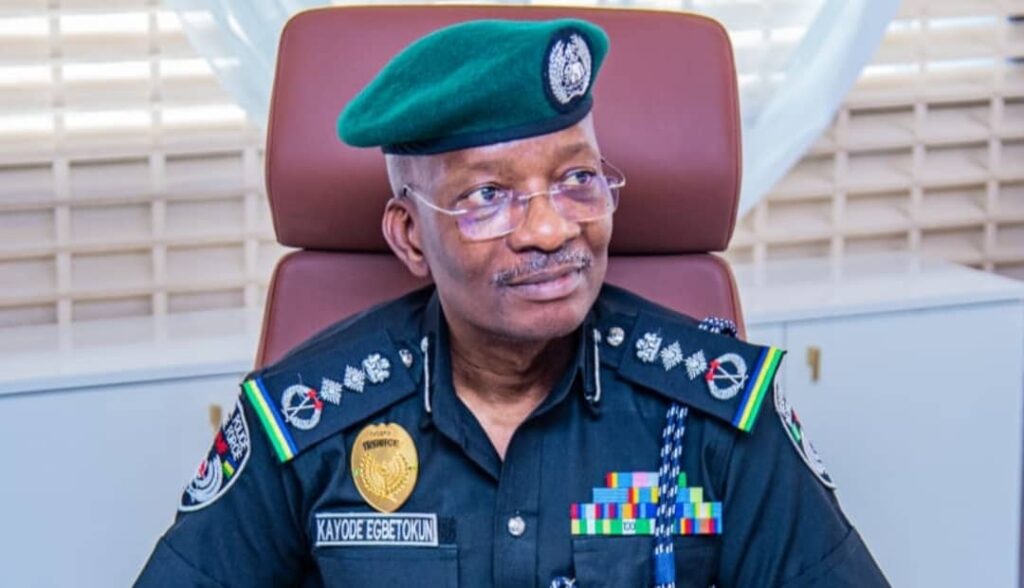It was on the 20th of April that Asimiyu Suraju, a resident of Ogun State, was arrested by the Nigeria Police Force (NPF) over allegations of involvement in his wife’s death. The father of twin toddlers was not allowed to mourn his wife, who died a day before his arrest after being rushed to the hospital following a series of illnesses, as disclosed by his lawyer.
Suraju was initially held for ten agonizing days at Ifo Police Station in Ogun State before being transferred to Abuja, where he spent weeks—totaling 80 days of detention without a single charge filed against him—before his eventual release on July 12.
On May 3rd, news of the abduction of Daniel Ojukwu, a journalist with the Foundation for Investigative Journalism (FIJ), by the Intelligence Response Team (IRT) of the Inspector General of Police was made public.
His organization, FIJ, had to file a missing person report and contracted a private investigator who was able to locate his last known location before he was taken by the police. Ojukwu, who was accused of violating the 2015 Cybercrime Act, spent days at Panti before being transferred to Abuja.
Ojukwu’s arrest was related to a story alleging that a top government official in the Presidency caused N147 million, originally allocated to build a school, to be paid into the account of a restaurant in Abuja.
Before his release on the 10th of May 2024, following a series of protests, Ojukwu spent ten days in police custody.
Just like Ojukwu, many journalists have been arrested and detained under the Cybercrime Act of 2015, which many—including human rights lawyer Femi Falana—have argued is outdated. Falana stated that “the section of the Cybercrime Act on which the police rely to arrest journalists has been repealed,” referring to Section 24 of the act.
Police Human Rights Violation Calls For Concern
Human rights violations by the Nigeria Police Force raise major concerns. A recent report by the Wole Soyinka Centre for Investigative Journalism (WSCIJ) revealed that nearly 70% of civic space infringements in Nigeria were committed by police officers and politicians.
The report, titled “Journalism & Civic Space,” shows that the Nigeria Police, tasked with maintaining law and order, were involved in 49% of the reported cases of civic space violations. With 45 out of the 91 documented instances, the police stand out as the most significant perpetrator of infringements, often targeting journalists and activists.
In an earlier report, Amnesty International raised alarms over persistent human rights abuses by the Nigeria Police, including unlawful detention, extortion, torture, and sexual violence, four years after the October 2020 #EndSARS protests.
In the report, Amnesty International called on the Nigerian government to address these ongoing human rights violations, which continue to foster a culture of impunity and leave citizens vulnerable to the same abuses that sparked the #EndSARS movement. They further stated that “the Nigerian authorities still have the opportunity to reform the police and create an institution with zero tolerance for human rights violations.”
